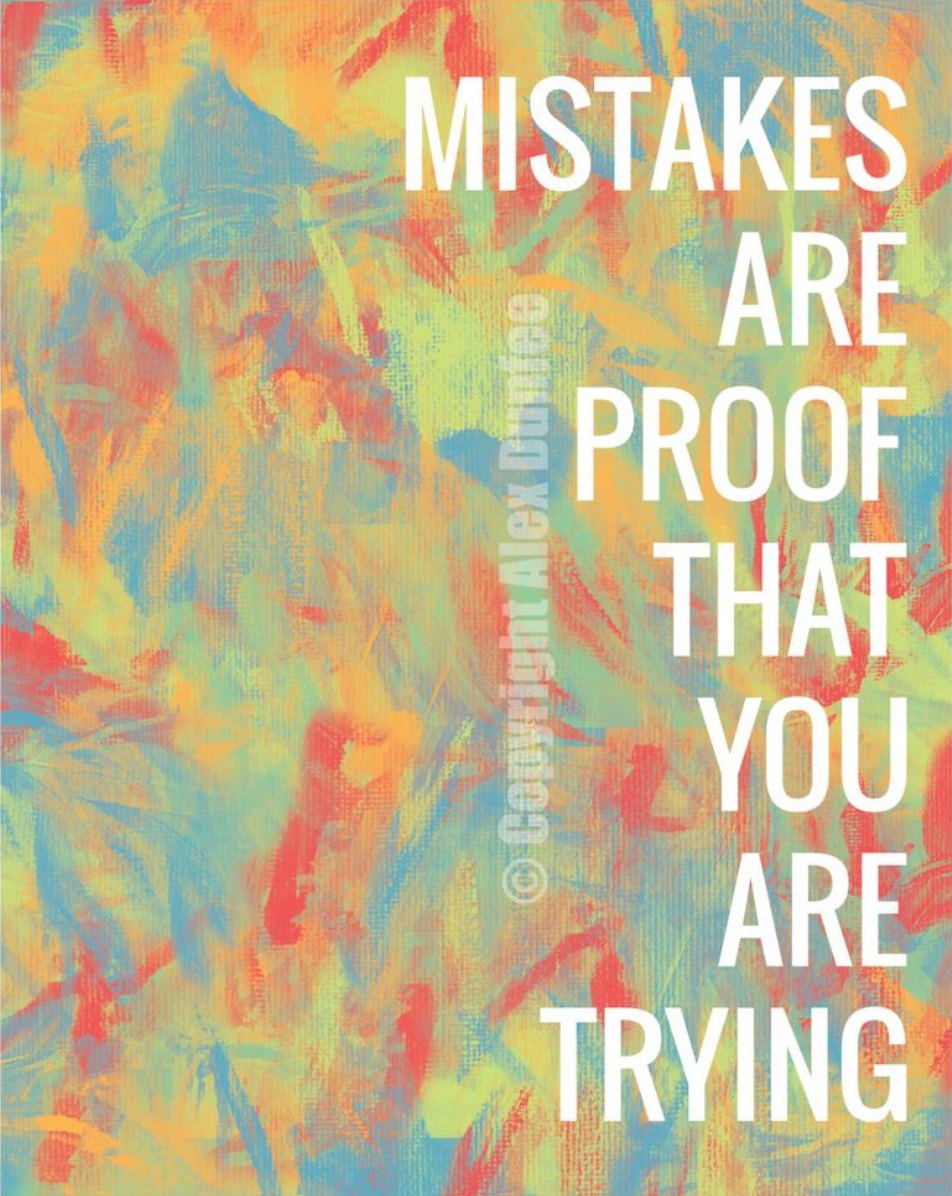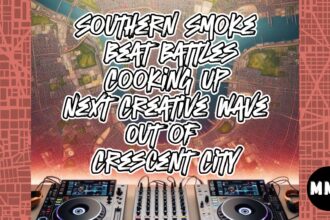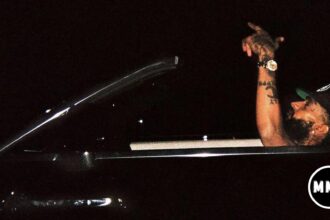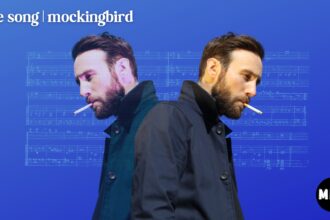I never wanted to be an elementary music teacher. In fact, while I was in college for my performance degree, I specifically said I would teach any age group except elementary children. I was a naive 20-something who thought I would have the privilege of choosing exactly what I wanted to do in the mystical world of music. Well, turns out it doesn’t work like that and we can’t all be Yo-Yo Ma. It also turns out that when your professors say, “You should pay attention to this because you’ll never know when you’ll end up teaching elementary music…” you should pay attention. Whoops.
Fast forward many years, and I’m a happy and proud elementary music teacher. In my early years of teaching, I quickly discovered that our youngest citizens are quite magical. I’m not sure why I thought teaching littles would be “boring” or an experience equivalent to “babysitting” (ugh), or not as respected as high school or college teaching (oh wait…it’s not), but I did.
Through my experience teaching, I’ve come to realize that early childhood education is just as, if not more, important than higher education. Being an elementary music teacher has improved both my teaching and my playing. I’ve taught hundreds of students over the course of my seven years and today, I’m sharing five things I’ve learned from them. Before I share my shortlist, here’s one example of a magical moment from the classroom and how much we can gain from listening to our students.
A few years ago, I was helping second graders with their bow holds. In between checking for bumpy thumbs and curvy pinkies, a child who was diligently trying to put each finger in its exact spot exclaimed, “Oh! I just give up!” Her classmate who was equally focused and rarely speaks out in class said, “No! You have to keep trying and trying and trying! Lewis and Clark kept trying until they found the prairie–they didn’t give up! Trying is the best form of learning!” I stopped in my tracks (tried to not dwell on the prairie aspect) and asked him to repeat himself. This is a child who could be quite a handful in his own quiet world. He repeated himself, the class collectively nodded its head and just kept working. This was one of the bright memories in a class that will stay with me forever.
While I’m still on the never-ending journey of learning how to be a great teacher myself, here are five nuggets of knowledge I have learned along the way:
1. Do your research. Our littles have the power to change society. Let’s really understand the history behind the songs we teach. If a song has a racist background–and you’ll be troubled by how many do–don’t teach it. Even if it has a great teaching point. There are plenty of other pieces in the world. Here is a comprehensive list of questionable pieces compiled by Lauren McDougle that circulated last summer. I also recommend joining the Facebook group, “Decolonizing the Music Classroom.” I’ve learned so much from listening and observing conversations.
2. Teach relatable pieces. I admittedly have not always been great at this, but it’s so important. You can teach students to play with great intonation/bow distribution/rhythm using any piece of music. Earlier this year, while trying to make good on this promise, I arranged a short bass line to a Trombone Shorty piece. Beginning students learned a new note, advanced students played with low 2nd finger, we danced while we played, and my students learned about an inspiring Jazz musician.
3. Encourage (and model) peer-to-peer feedback. If you create a safe classroom culture, students will feel comfortable giving and receiving feedback from one another. Yes, you still need to model how to do this correctly (like, all the time), but after a while, students will take over. If a classmate says, “I noticed that your violin didn’t cover your shirt seam,” the student receiving feedback should be able to say, “Oh, Ok! Thank you!” instead of immediately becoming defensive. An orchestra class is a community. Students work together, help each other, and learn to play together.
4. Have high and reasonable expectations. Elementary students are capable of achieving a high level of musicianship. Don’t just hand students an instrument and assume that’s good enough. It’s not. Young students (and yes, young students in elementary orchestra classes) have the ability to play with beautiful tone and great intonation. Model a high level of musicianship, and sequence your lessons appropriately.
5. Make mistakes in front of your students. This is so important. Teach your students that they learn when they make mistakes. I have a poster in my room that says, “Mistakes are proof that you are trying.” Have something in your room that lets your students know that music isn’t about perfection (and maybe while we’re at it, we can stop saying “practice makes perfect”). Sometimes I pretend to make a mistake so I can model an appropriate response, and sometimes I make real mistakes. A student once said to me after I played a terribly out-of-tune note, “Ms. Castaneda, it’s ok, we all make mistakes. I think you can do better.”










